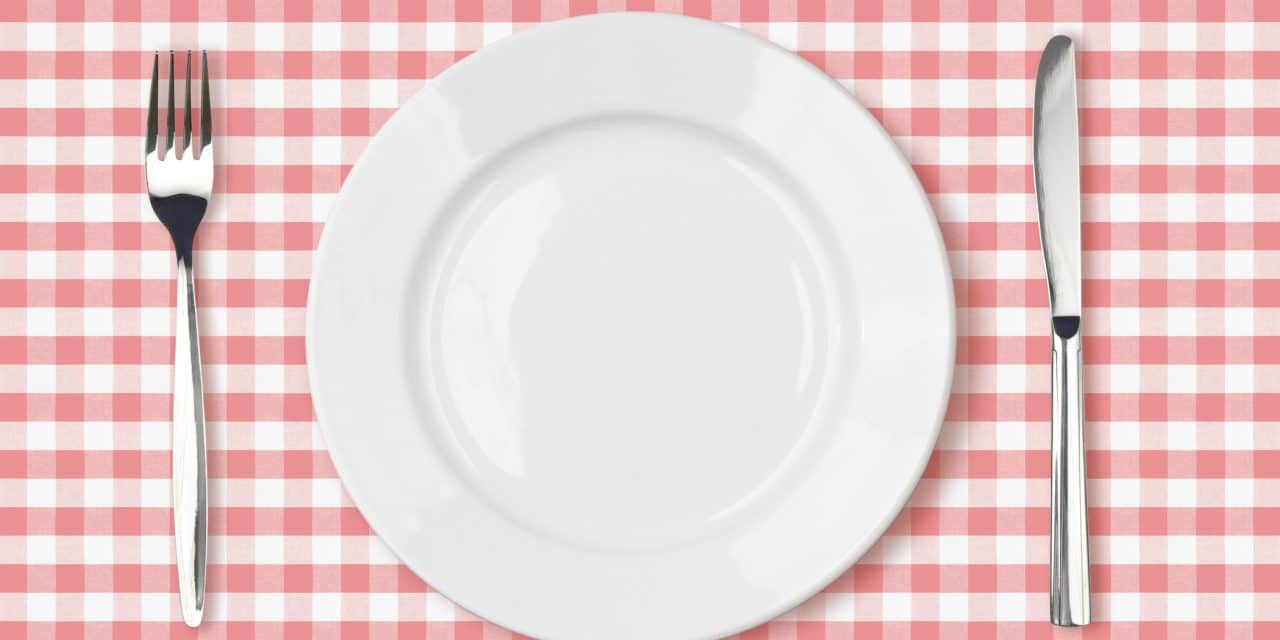Reduce calorie intake to avoid chronic disease and cancer
If you reduce calorie intake you will be better placed to deal with the biggest health challenge you’ll face as you age. It isn’t so much cancer, heart disease or diabetes, but fat accumulation in our tissues.
Obesity is responsible for up to 70% of chronic disease and is a major contributor to age-related health decline. The following is an excerpt from Chapter 9 of Fast Living, Slow Ageing.
If we reduce calorie intake, while maintaining our supply of essential nutrients, we can improve many health-related indices in addition to our waistlines. In animal studies, restricting calories consumed not only reduced the impacts of aging but also significantly increased lifespan.
But is this the same for humans?
We know that to reduce calorie intake is to reduce our visceral fat. And less fat means less obesity-associated risks such as heart disease, diabetes and cancer. Even people of a healthy weight who limit the amount they eat show reduced body fat, beneficial metabolism changes and reduced risk factors for aging and disease.
However, restricting calories on its own can reduce muscle mass and bone strength. Libido and energy levels may also decline, particularly in lean individuals.
The balance of health benefits and risks is intrinsically different for different health and aging outcomes, as well as for different people. While there is no ‘one size fits all’ approach, in reality, most of us consume far too many calories and get rounder as we get older. Consequently, almost any reduction in the amount we eat is a step toward a better balance.
The most important way we can improve our chances of a healthy and long life is to achieve and maintain a healthy weight. If there was no obesity, average life expectancy would increase by 10 to 20 years and our quality of life would improve substantially.
Alongside an increase in our physical activity, there is a fundamental need to reduce our energy intake as we get older.
But how can we fight weight gain as we age?
The average annual weight gain for most adults is equivalent to two bites of food every day.
Consequently, a lifestyle that incorporates even a small change in consumption can ensure better outcomes in the years to come. It doesn’t need to be a drastic change or a new fad. The best way to successfully combat over-eating is to take slow steps so they become habits and part of our lifestyle. If done regularly it doesn’t take much to cumulatively make a real difference.
Options to help you reduce calorie intake and keep it under control
- Reduce size and number of portions:
- Pay attention to your eating patterns (keep a diary of when, where, what and why you eat)
- Put your fruit and nuts in small containers so you don’t eat the whole bag
- Divide big bags of food into smaller bags
- Put leftovers in the fridge before you sit for dinner (so you don’t go back for seconds)
- Buy smaller packet sizes at the supermarket
- Freeze extra food if portions are too large
- Have 3 dessert-free evenings each week
- Eat fruit or a small handful of nuts for dessert
- Try interesting combinations
- chopped mango and pineapple
- blanched and sliced peaches or nectarines drizzled with Galliano then served with a good yoghurt
- pears stewed in apple juice and cloves and cinnamon sticks
- stewed rhubarb with strawberries
- Create a list of healthy snacks
- Fruit salad
- Vegetable sticks with preservative-free dip such as hummus, tzatziki or baba ganoush
- Soy or rice milk smoothie with fresh fruit and natural yoghurt
- Tub of natural yoghurt with fresh fruit
- Half a handful of untoasted, unsalted nuts or seeds
- Address ‘non-hungry’ eating – make sure you aren’t bored at night; think about something to do at night when in danger of eating
- Plan your weekly meals and only buy what you need
- Eliminate impulse shopping by taking a list with you
- Don’t shop when you’re hungry
- Reduce processed foods and those with added sugar
- Keep a ‘diet diary’ – write down everything you eat and drink for a week., and be honest with yourself; if you cheat, you’re only cheating yourself
- Eat foods that are:
- less energy dense (measured as kJ/g)
- low in saturated fat (but not high in carbs)
- have a low low GI
- served in smaller portions on smaller plates
- Stick with a diet. The process of embracing any dietary restrictions, thinking about and coordinating the foods you eat means you’ll be able to reduce calorie intake
A good way to determine if you need to restrict calories is finding out your waist circumference. Find the mid-point between your bottom rib and the top of your hip bone. Breathe out normally and measure your circumference with a tape measure across this point. This may not be the narrowest part of your waist or exactly in-line with your belly button.
The risk of many health problems increases in proportion to your waistline:
For men:
- 94 cm (37 inches) or more = increased risk
- 102 cm (40 inches) or more = substantially increased risk
For women:
- 80 cm (32 inches) or more = increased risk
- 88 cm (35 inches) or more = substantially increased risk
Finally, deal with other contributors to over eating such as stress, bad habits and inattention. Make an appointment to see your doctor or weight management consultant if necessary.
Last Reviewed 03/Mar/2017
Dr Merlin Thomas
Latest posts by Dr Merlin Thomas (see all)
- How to increase DHEA levels - 28/09/17
- Testosterone supplement benefits & risks - 11/07/17
- Health effects of tea & coffee - 10/07/17






